Science
Science
What is Science @ MJR?
The Science department takes pride in igniting curiosity and inquiry to develop students’ passion for scientific literacy and making sense of the world around them. Our dedicated team of teachers aims to nurture scientific thinking and inculcate lifelong learning.
Our Curriculum
Our curriculum aims to provide every child with the opportunity to derive meaning behind their learning to foster intrinsic motivation, stimulate their passion for learning, igniting curiosity and developing an inquiring mind. The department adopts the 7E model in Inquiry-based learning (IBL) as its pedagogical approach to facilitate the infusion of authentic real-world contexts into the curriculum.
Our Programmes
Sparking the Joy of Learning through alternative assessment
With the removal of mid-year examinations for Secondary 1 and 3 students, our teachers designed authentic tasks to increase engagement and helped students link various concepts. For example, our Secondary 1 students learnt to communicate the science behind interesting science experiments through short videos. For the Secondary 3 cohort, students dive deep into learning when they explored making slime (Chemistry), balloon-powered vehicles (Physics) and investigated how fresh pineapple affected the setting of gelatin (Biology).
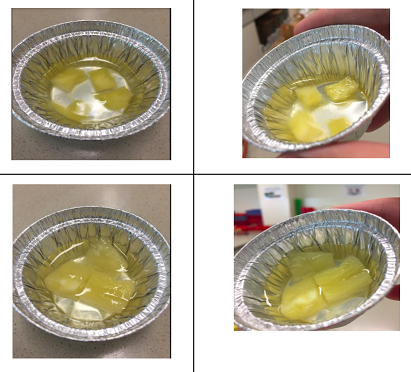 Pineapple Jelly (Biology Alternative Assessment) Pineapple Jelly (Biology Alternative Assessment) |
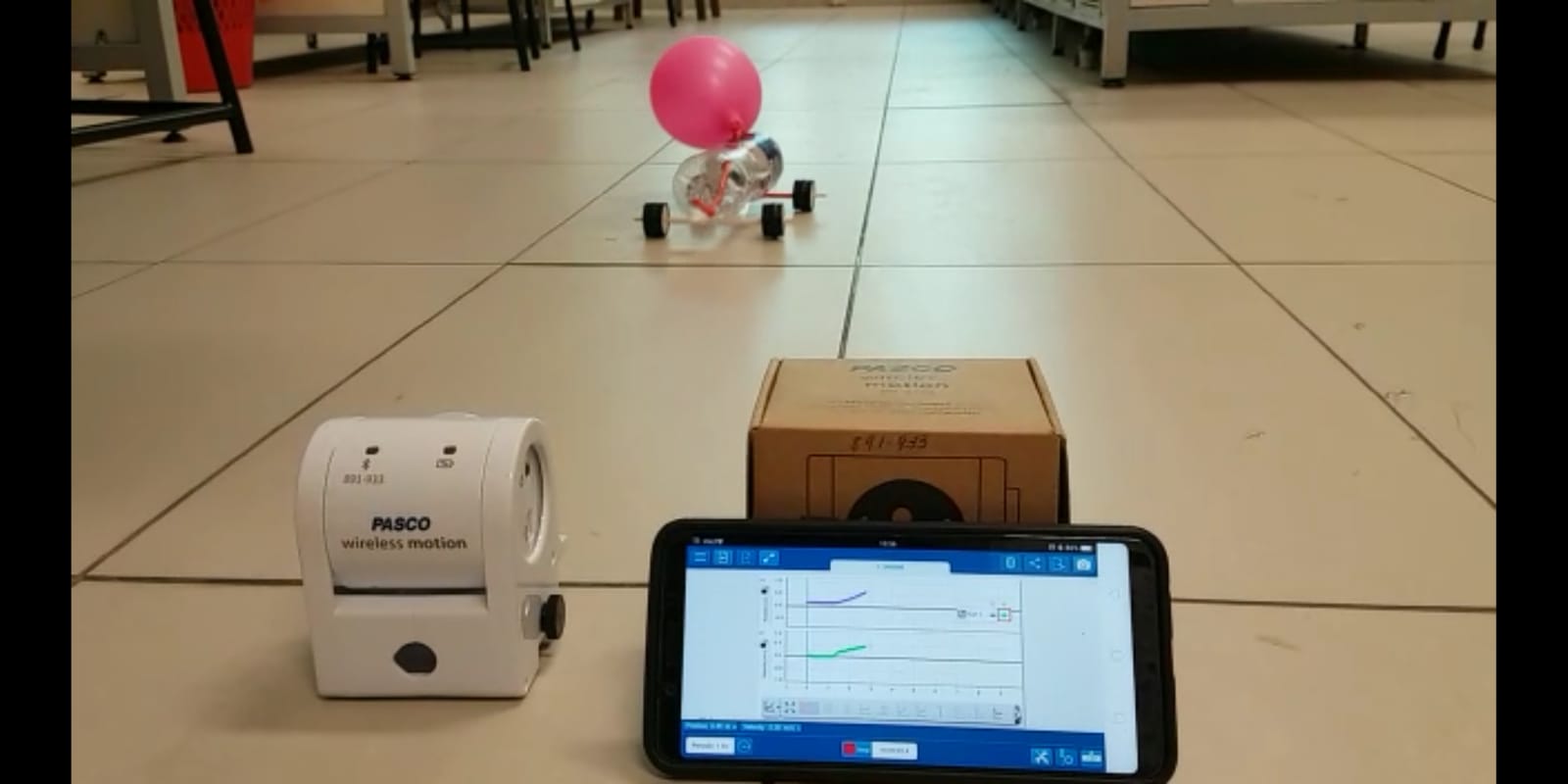 Balloon-Powered Vehicle (Physics Alternative Assessment) Balloon-Powered Vehicle (Physics Alternative Assessment) |
Physical Sciences (Science & Engineering)
In the area of Physical Sciences, we engage our students in two key platforms, namely, the Young Engineers Award (YEA) programme and Visit to NUS Demo Labs. Both programmes have been specially designed for secondary school students with the aim of enhancing their understanding of Science and Engineering.
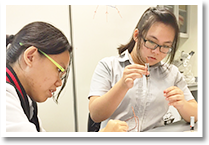 Students trying it out themselves Students trying it out themselves |
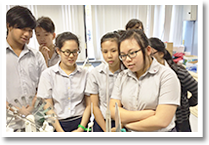 Students appreciating the experimental setups Students appreciating the experimental setups |
Life Sciences & Environmental Education
Our curriculum has been refreshed to nurture students’ interest in caring for the environment. From assembly programmes on conservation of nature to learning journeys to nature attractions, students learn the importance of conserving biodiversity and our environment.
The visit to NUS Anatomy Museum and participating in competitions such as the International Biomedical Quiz and the Chemistry Olympiad also provided platforms to cultivate thinking skills and interest in the medical field. The authentic learning experience with various organ systems of the human body inspires many students and helps to shape their deep interest in the biomedical research field and medical sciences.
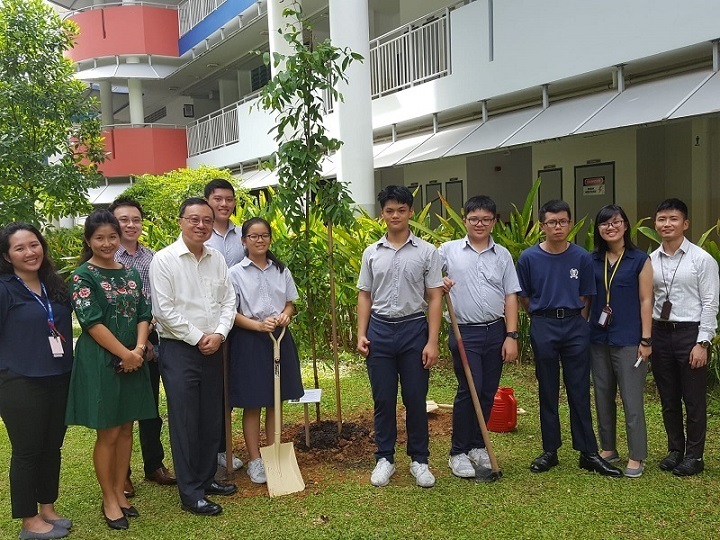 Green Wave Green Wave |
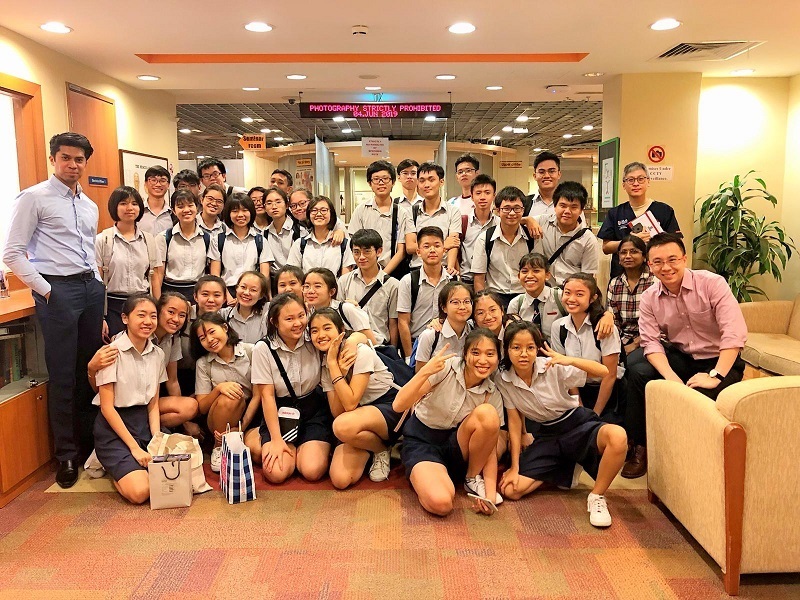 NUS Anatomy Museum NUS Anatomy Museum |
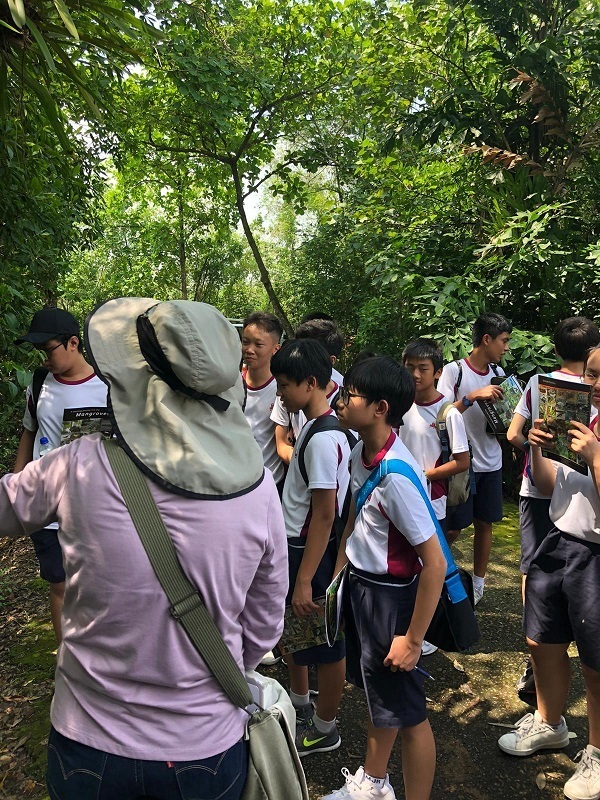 Sec 1 Learning Journey to Sungei Buloh Wetland Reserve Sec 1 Learning Journey to Sungei Buloh Wetland Reserve |
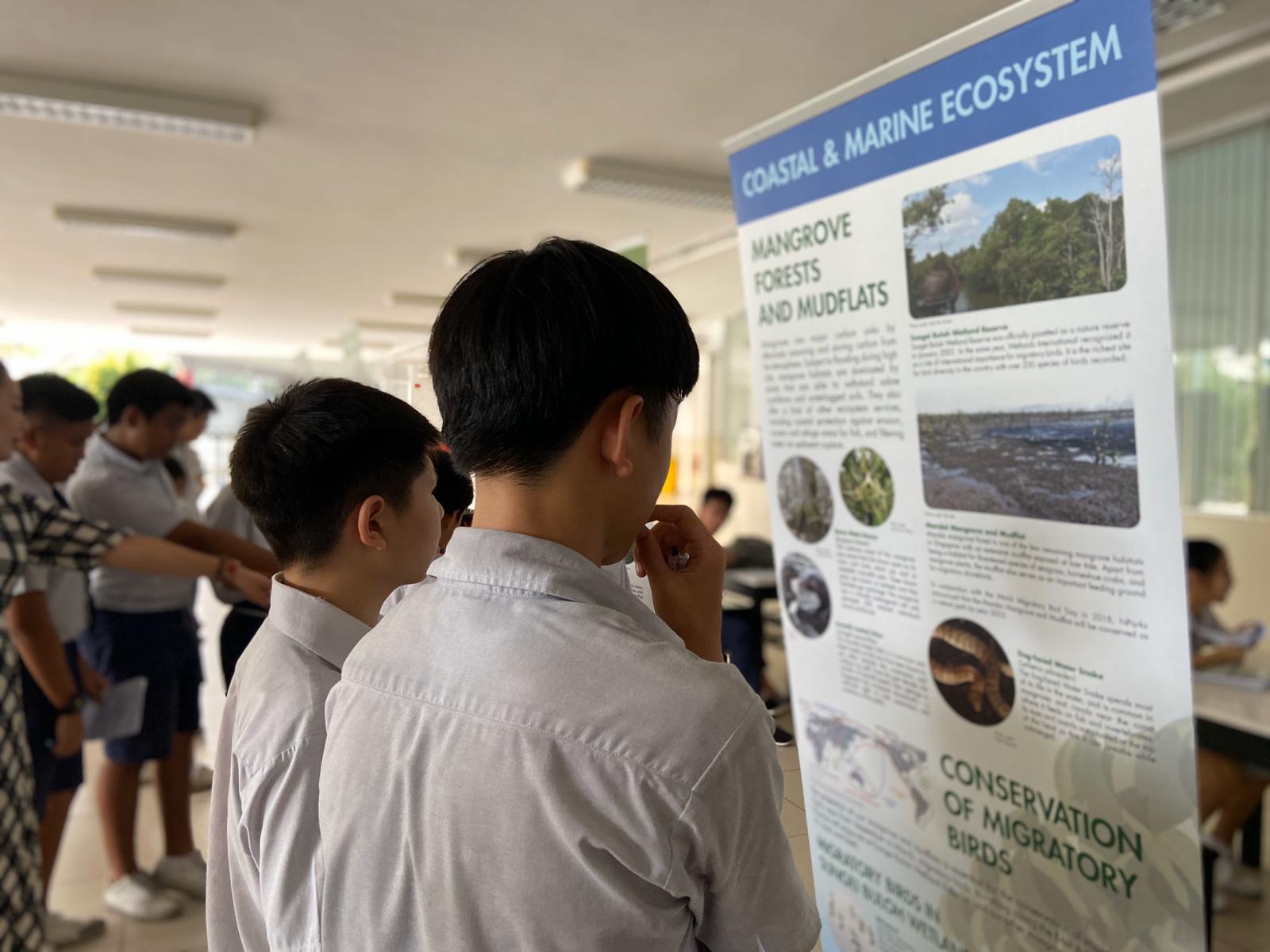 Exhibition on Biodiversity Conservation Exhibition on Biodiversity Conservation |

